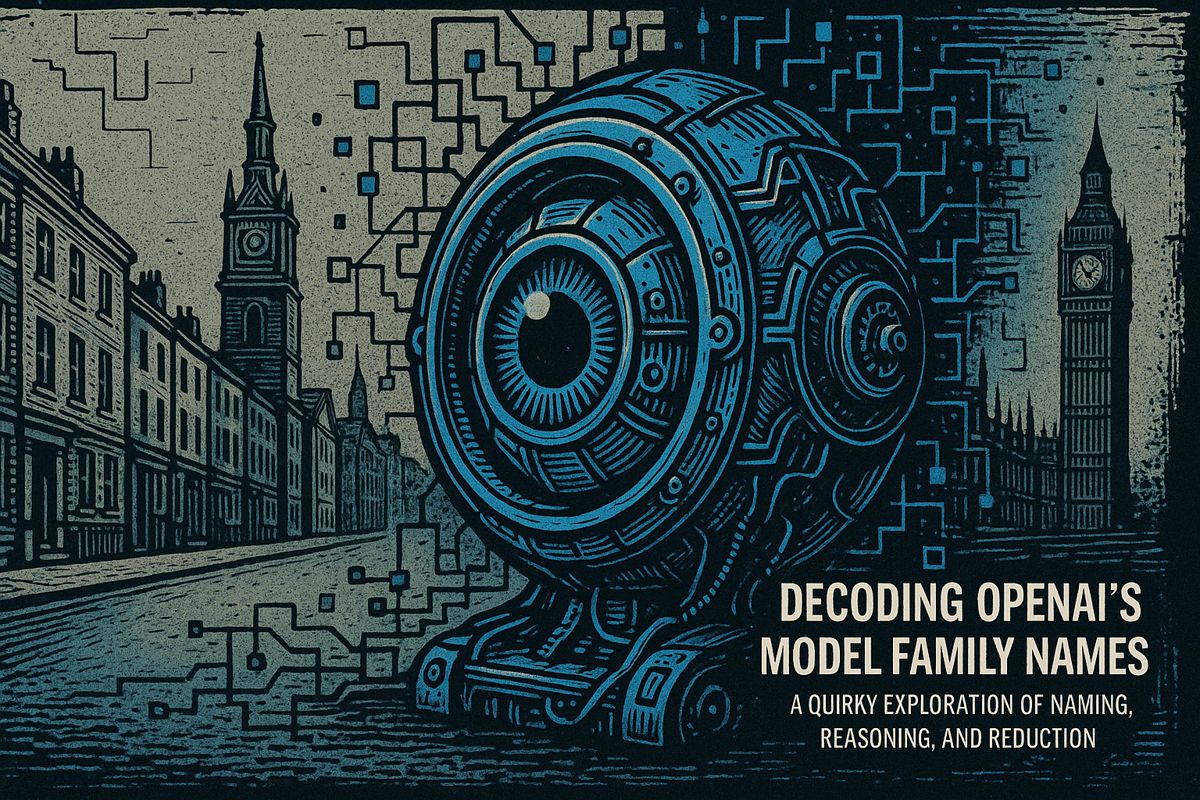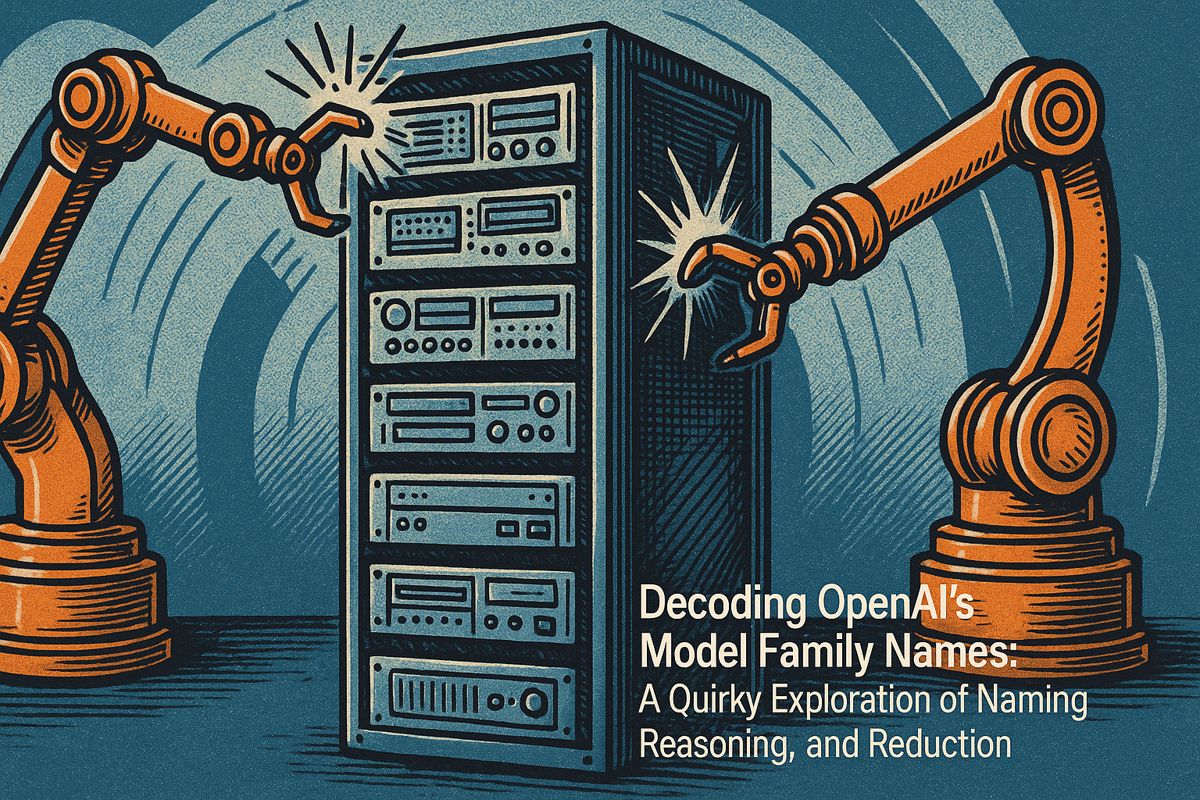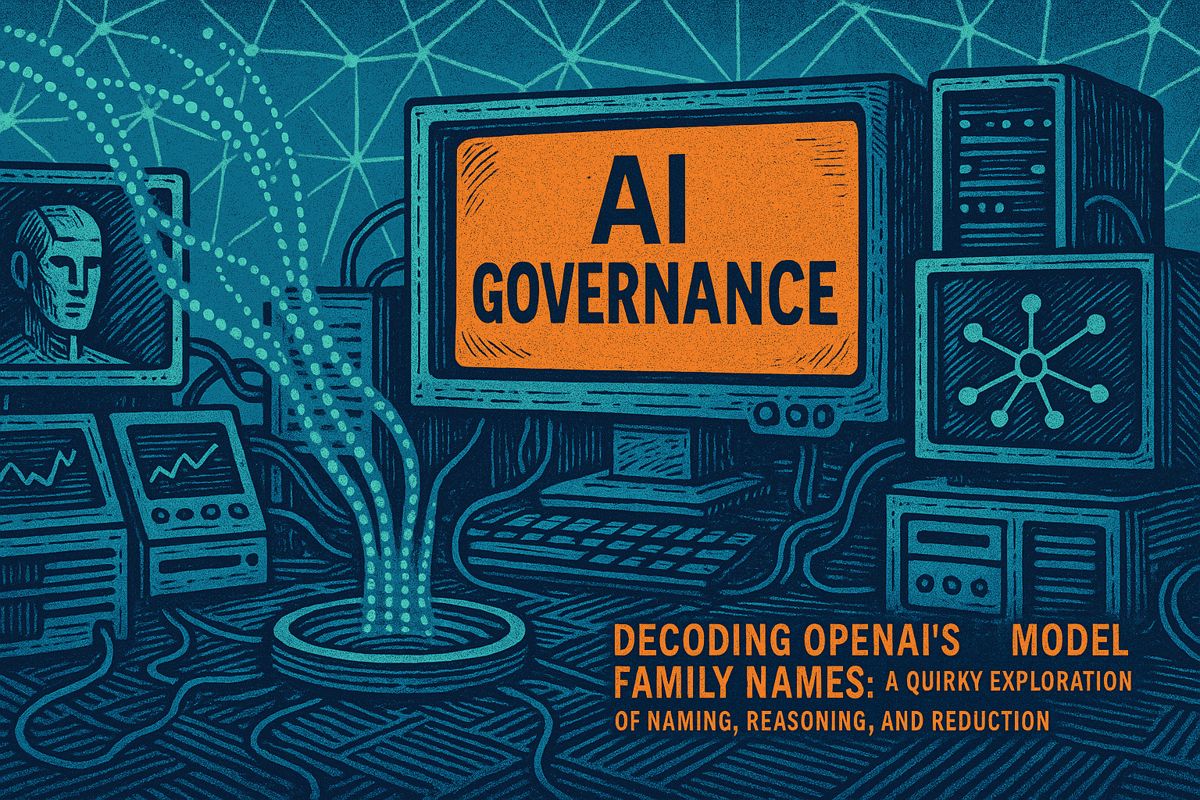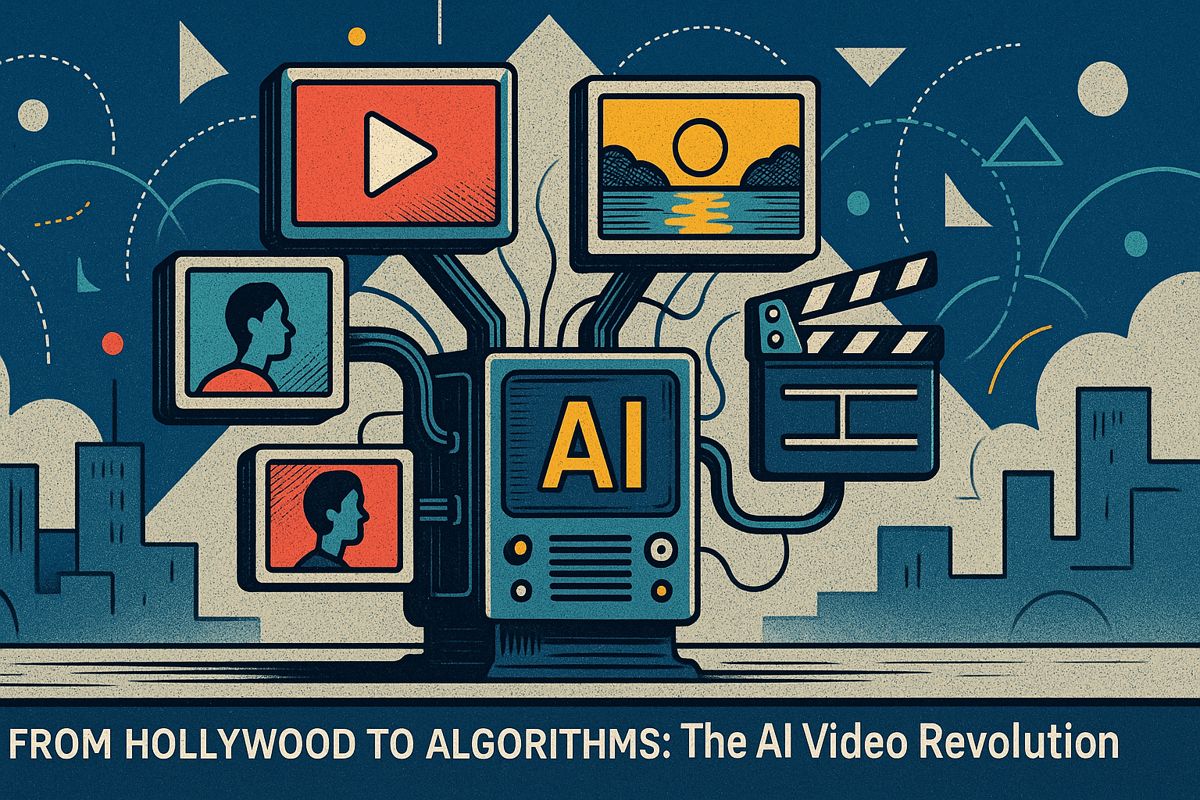Here’s the text with the most important phrase emphasized in markdown bold:
Meta is pushing a bold move to automate 90% of content moderation across its platforms using advanced AI, aiming to dramatically speed up privacy and safety assessments. While this approach promises incredible efficiency and reduced human workload, it raises critical concerns about the nuanced understanding of complex online interactions that only human moderators can provide. The technology might excel at processing massive amounts of data quickly, but questions remain about its ability to truly comprehend context, emotional subtleties, and potential hidden threats. Experts warn that over-automation could lead to overlooking critical edge cases and potentially compromise user safety. Despite these concerns, Meta remains committed to its AI-driven moderation strategy, believing technology can revolutionize how online content is monitored and managed.
Can AI Effectively Moderate Content on Social Media?
Meta aims to automate 90% of privacy and safety risk assessments using advanced AI across Facebook, Instagram, and WhatsApp. While promising faster moderation and reduced human workload, the approach raises critical questions about nuanced content understanding and potential oversight gaps.
When Machines Take the Helm
Sometimes, news lands with a jolt – the kind that makes you pause mid-scroll, eyebrows raised, remembering when “automated moderation” was just a glorified spam filter catching your uncle’s weird email forwards. This time, it’s Meta (yes, the labyrinthine empire behind Facebook, Instagram, and WhatsApp) making waves. They’re aiming to automate up to 90% of privacy and safety risk assessments using artificial intelligence. Not a gentle incremental shift, but a leap – a passing of the torch from human judgment to algorithmic decree. It brings me back, abruptly, to my own years slogging through abuse reports for an online community — every ticket a balancing act, a high-wire walk between impersonal rules and the messiness of real situations. I can still recall the fluorescent hum of the office, how no script or script-kiddie bot could spot the scalding sarcasm or the buried malice inside a pixelated meme. That was then. Now? The scale is almost vertiginous.
I’m reminded of a friend – let’s call him Aaron – who spent years on a safety team at another social goliath. After work, his eyes were glassy, face drawn, having sifted through a parade of distressing reports. Manual review wasn’t glamorous. But for the slippery, shadowy cases, it was irreplaceable. So, when Meta says that AI will shoulder nearly all of this burden, I picture those faces, those late-night deliberations, the constant worry about missing what matters. But before we slide into nostalgia or panic, let’s wrangle the facts.
Meta is on track to let advanced AI handle 90% of privacy and safety risk assessments across Facebook, Instagram, and WhatsApp. Human moderators will step in only for the knottiest, most novel cases. The rationale? Blistering speed for product launches, streamlined compliance, and a reduction in the bureaucratic slog. This tectonic shift isn’t happening in a vacuum; Klarna, Salesforce, and Duolingo are also swapping humans for bots in compliance and customer service. Still, Meta’s former innovation director Zvika Krieger has sounded a klaxon: quality, he warns, may wither if we automate too much.
Numbers, Nuance, and the Problem of Scale
Let’s drill into the arithmetic. With billions of users and a Niagara of data pouring in, even the most caffeinated human team would drown. AI, by contrast, doesn’t get bored, doesn’t burn out, never needs a vacation – it just crunches, flags, and sorts, ceaselessly. Product launches, once bogged down by snail-paced compliance reviews, can now rocket out the door (at least, that’s the dream). In the ledger of efficiency, Meta’s plan makes a cold kind of sense.
But privacy and safety aren’t algorithms to optimize; they’re living concepts, slippery as a wet bar of soap and constantly morphing as society changes. Human reviewers bring more than a checklist – there’s intuition, empathy, even the occasional shiver when something feels off. AI, for all its gradient-boosted cleverness, isn’t haunted by ambiguity or the emotional undertow of a veiled threat. It might spot patterns, but will it notice the moss on the bark, not just the tree? That’s a metaphor, yes, but also a genuine worry.
Meta insists that humans will still tackle the hardest cases. But what counts as “hard” shifts with the winds of language, culture, and new online trickery. Youth safety, for instance, isn’t a fixed category – it mutates with slang, memes, and the grim surprises that punctuate internet life. Can an algorithm really keep up? Or will it, as Krieger suggests, whittle complexity down to the point where edge cases slip through the cracks? Sometimes, I wonder.
Transparency, Trust, and the Cost of Automation
User control sounds reassuring in a press release: Meta touts privacy toggles like “/reset-ai,” promising erasure of AI interactions on demand. But let’s be honest: how many people will know about, use, or trust these tools? If you’ve ever gotten lost in Facebook’s byzantine settings, you probably just sighed. Meta claims it doesn’t merge data across platforms for AI purposes and that regular audits ensure compliance, but European watchdogs – with the tenacity of a bloodhound – are scrutinizing the company’s every move. Trust, once cracked, is stubbornly hard to glue back together. I should know; I doubted tech companies before and learned the long way that skepticism is often warranted.
Meanwhile, the industry’s pivot is unmistakable. Klarna’s chatbot allegedly outpaces human agents, Salesforce and Duolingo trim their compliance teams, and “efficiency” becomes a drumbeat. But what about real governance? Oversight isn’t just about speed; it’s about catching the wolves in sheep’s clothing, the cases that don’t fit the pattern. “Community notes” are replacing expert fact-checkers, and Meta is dialing down algorithmic promotion of politics, but is crowdsourcing the antidote to misinformation, or just another echo chamber?
Sometimes, when I think back to Aaron, haunted after a day of parsing horror and ambiguity, I wonder if AI’s lack of emotional residue is a feature or a bug. Machines don’t get tired – or traumatized. That’s progress, maybe. But the chill I feel? That’s real.
The Human Element: Will We Miss It?
There’s an unmistakable scent to these changes – a blend of ozone from overworked servers and the musty anxiety of what’s lost. I’ll admit, I’m torn. The efficiency is dazzling, almost hypnotic, like staring



















